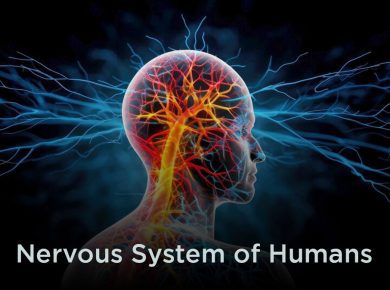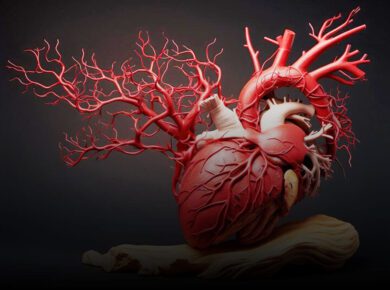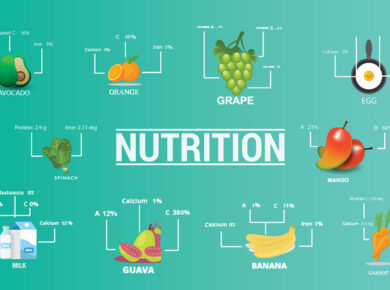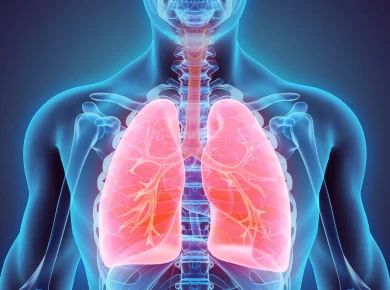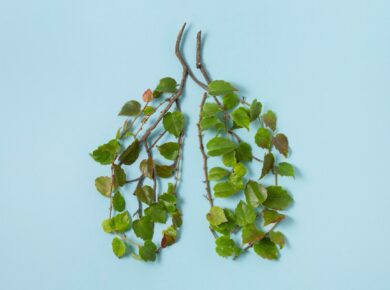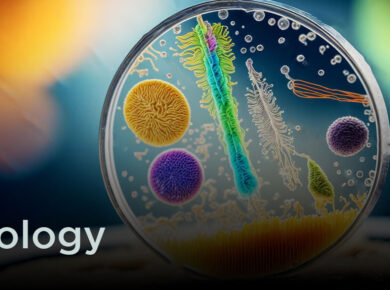Water
Water is excreted from the body in multiple forms; including urine and feces, sweating and by water vapour in the exhaled breath. Therefore, it is necessary to adequately rehydrate to replace lost fluids.
Early recommendation for the quantity of water required for maintenance of good health suggested that 6-8 glasses of water daily is the minimum to maintain proper hydration. However, the notion that a person should consume eight glasses of water per day cannot be traced to a credible scientific source.
The original water intake recommendation in 1945 by the food and Nutrition. Board of the National Research Council read “An ordinary standard for diverse persons is 1 milliliter for calorie of food, most of this quantity is contained in prepared foods.”
Related Articles: Vitamins, Nutrients, Minerals and Protein.
More recent comparisons of well-known recommendations on fluid intake have revealed large discrepancies in the volumes of water we need to consume for good health. Therefore, to help standardize guidelines, recommendations for water consumption are included in tow recent European Food Safety Authority (EFSA) documents (2010) (i) Food based dietary guidelines and (ii) Dietary reference values for water or adequate daily intakes (ADI). These specifications were provided by calculating adequate intakes from measured intakes in populations of individuals with “desirable osmolarity values of urine and desirable water volumes per energy unit consumed.”
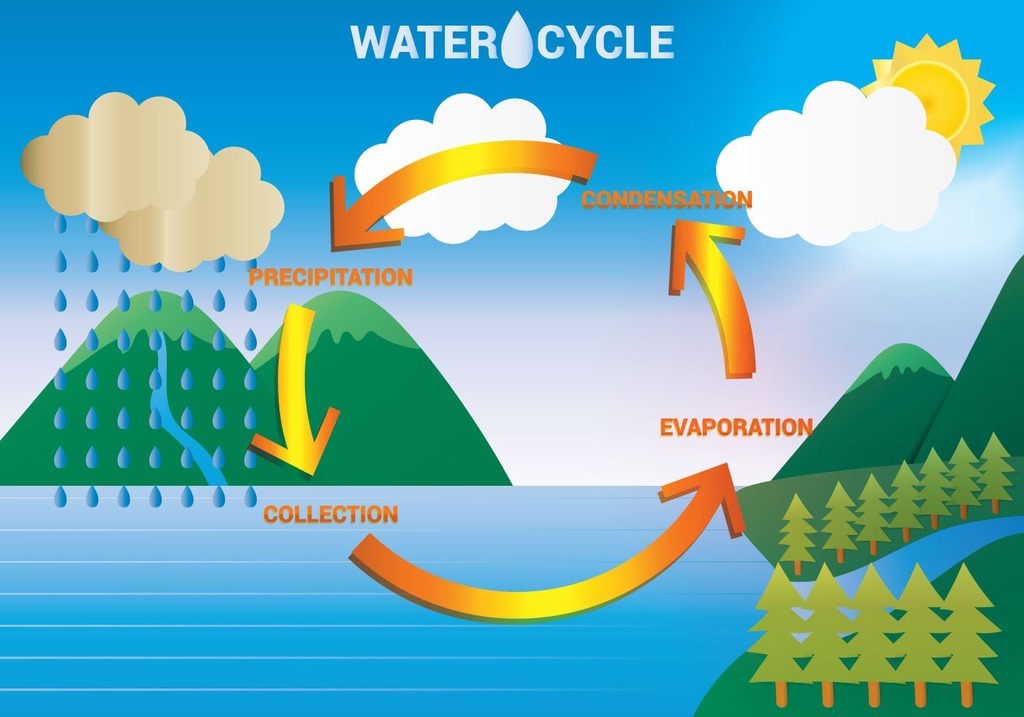
For healthful hydration, the current EFSA guidelines recommend total water intakes of 2.0 L/day for adult females and 2.5 L/day for adult males. These reference values include water from drinking water, other beverages and from food. About 80 % of our daily water requirement comes from the beverages we drink with the remaining 20 % coming from food. Water content varies depending on the type of food consumed with fruit and vegetables containing more than cereals for example.
These values are estimated using country specific food balance sheets published by the food and Agriculture Organisation of the United Nations. Other guideline for nutrition also have implications for the beverages we consume for healthy hydration for example, the Word Health Organization (WHO) recommend that added sugars should represent no more than 10% of total energy intake.
The EFSA panel also determined intakes for different populations. Recommended intake volumes in the elderly are the same as for adults as despite lower energy consumption, the water requirement of this group is increased due to a reduction in renal concentrating capacity.
Pregnant and breast-feeding women require additional fluids to stay hydrated. The EFSA panel proposes that pregnant women should consume the same volume of water as non-pregnant women, plus an increase in proportion to the higher energy requirement, equal to 300 mL/day. To compensate for additional fluid output, breastfeeding women require an additional 700 mL/day above the recommended intake valued for non-lactating women.
For those who have healthy kidneys, it is somewhat difficult to drink too much water, but (especially in warm humid weather and while exercising) it is dangerous to drink too little.
While overhydration is much less common than dehydration, it is also possible to drink far more water than necessary which can result in water intoxication, a serious and potentially fatal condition. In particular, large amounts of deionized water are dangerous.
💧 20 Important Benefits of Water:
-
Regulates body temperature through sweating and respiration.
-
Aids digestion by helping break down food and absorb nutrients.
-
Flushes out toxins through urine and sweat.
-
Keeps skin healthy and hydrated, reducing dryness and acne.
-
Boosts metabolism and supports weight loss.
-
Prevents dehydration, which can cause fatigue, confusion, and headaches.
-
Lubricates joints, reducing pain and improving mobility.
-
Protects organs and tissues by maintaining internal moisture balance.
-
Improves brain function, concentration, and mood.
-
Helps in oxygen transportation by supporting blood volume and circulation.
-
Supports kidney function, reducing the risk of kidney stones.
-
Prevents constipation by softening stool and promoting bowel movements.
-
Maintains electrolyte balance, which is vital for muscle and nerve function.
-
Boosts immunity by helping lymphatic system function properly.
-
Reduces the risk of UTIs (urinary tract infections).
-
Essential for breastfeeding mothers to produce sufficient milk.
-
Improves exercise performance and reduces muscle cramps.
-
Helps manage blood pressure by supporting heart function and blood flow.
-
Acts as a natural detoxifier, cleansing the body.
-
Reduces the risk of chronic diseases, like hypertension and urinary issues.
For more updates, visit www.iasmania.com. Please share your thoughts and comments.
If you’re passionate about building a successful blogging website, check out this helpful guide at Coding Tag – How to Start a Successful Blog. It offers practical steps and expert tips to kickstart your blogging journey!

